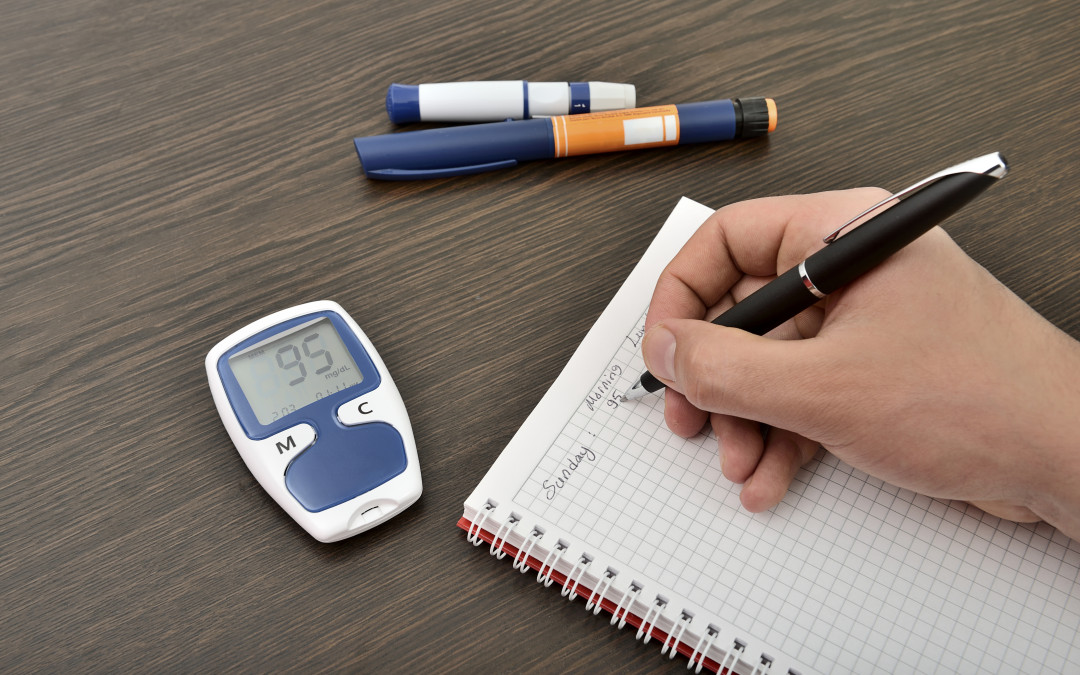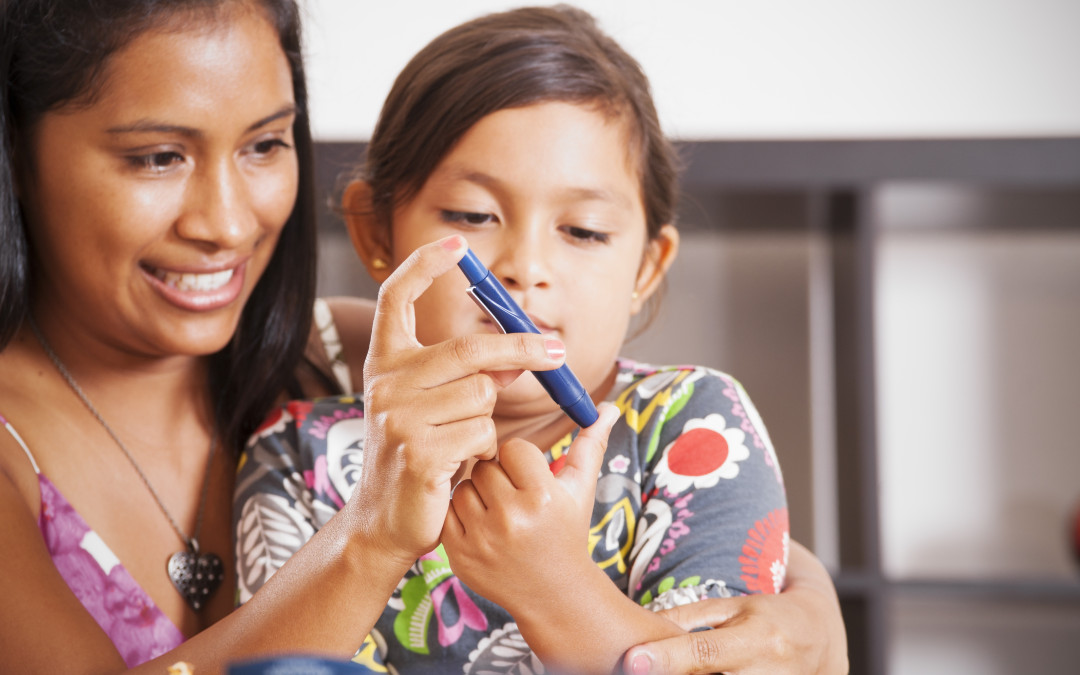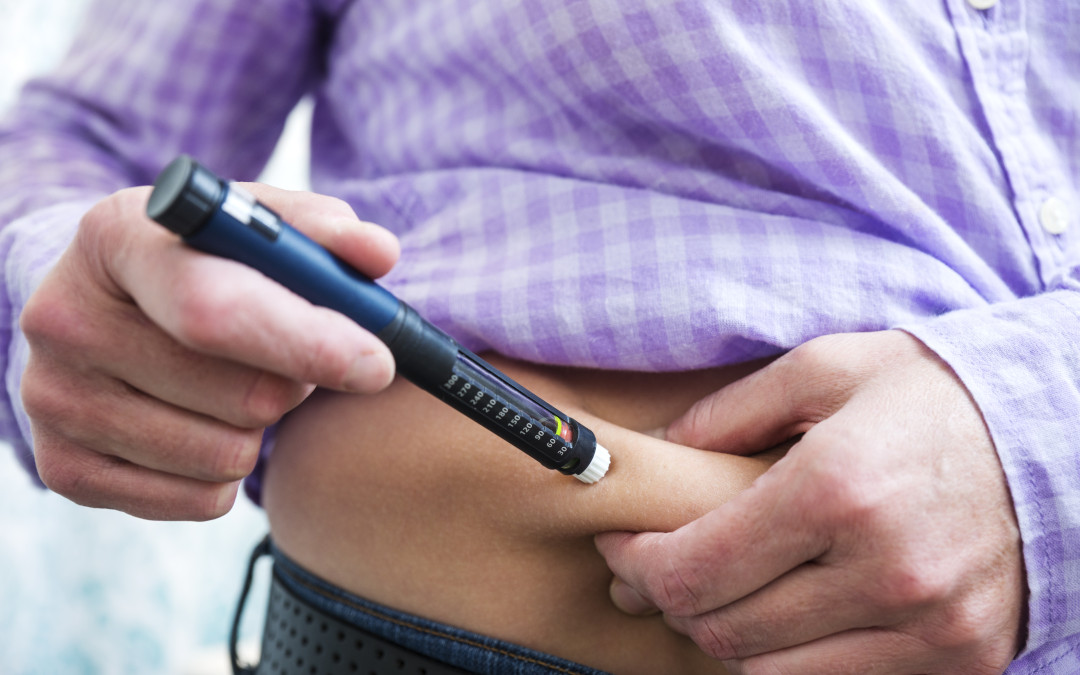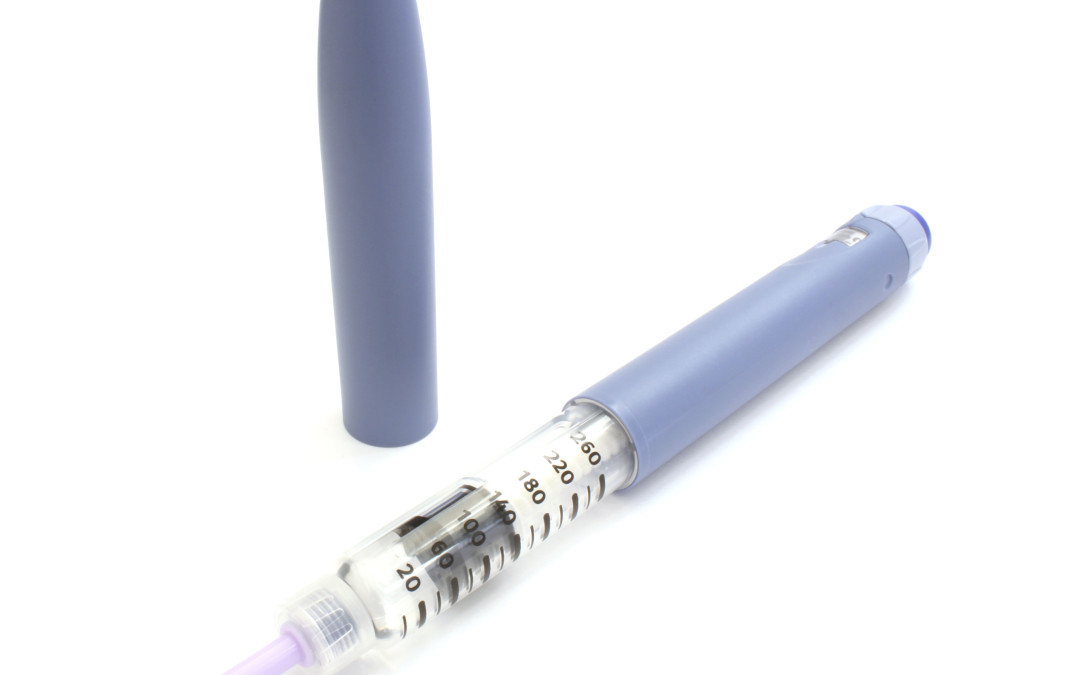
by Maureen Seel, RDN/LDN CDCES
Everyone feels sad every now and then. However, people with diabetes are twice as likely as others to become depressed, and it can be difficult to ask for help. But how can you tell when sadness has turned into depression? People who are depressed will experience at...

by Maureen Seel, RDN/LDN CDCES
Facts about self-monitoring blood glucose (SMBG):Blood glucose is monitored at home using a small hand-held machine called a “glucose meter.”Persons with type 1 diabetes usually need to measure their blood glucose levels at least four times a day. Persons with type 2...

by Maureen Seel, RDN/LDN CDCES
Type 1 diabetes completely damages the pancreas, an organ responsible for making insulin. For that reason, persons with type 1 diabetes cannot produce any insulin on their own. Every patient with type 1 diabetes depends on injections of insulin so that glucose can be...

by Maureen Seel, RDN/LDN CDCES
The decision to take insulin is never an easy one. For many patients, it comes after years of having type 2 diabetes and trying multiple weight-loss regimens, diets, and oral medications. For other patients, the decision to take insulin is made when blood glucose...

by Maureen Seel, RDN/LDN CDCES
Who?Intermediate- and long-acting (basal) insulins are recommended for patients with type 1, type 2, or gestational diabetes. They may also be used in other types of diabetes (i.e. steroid-induced).Persons with type 1 diabetes generally use intermediate-acting insulin...





